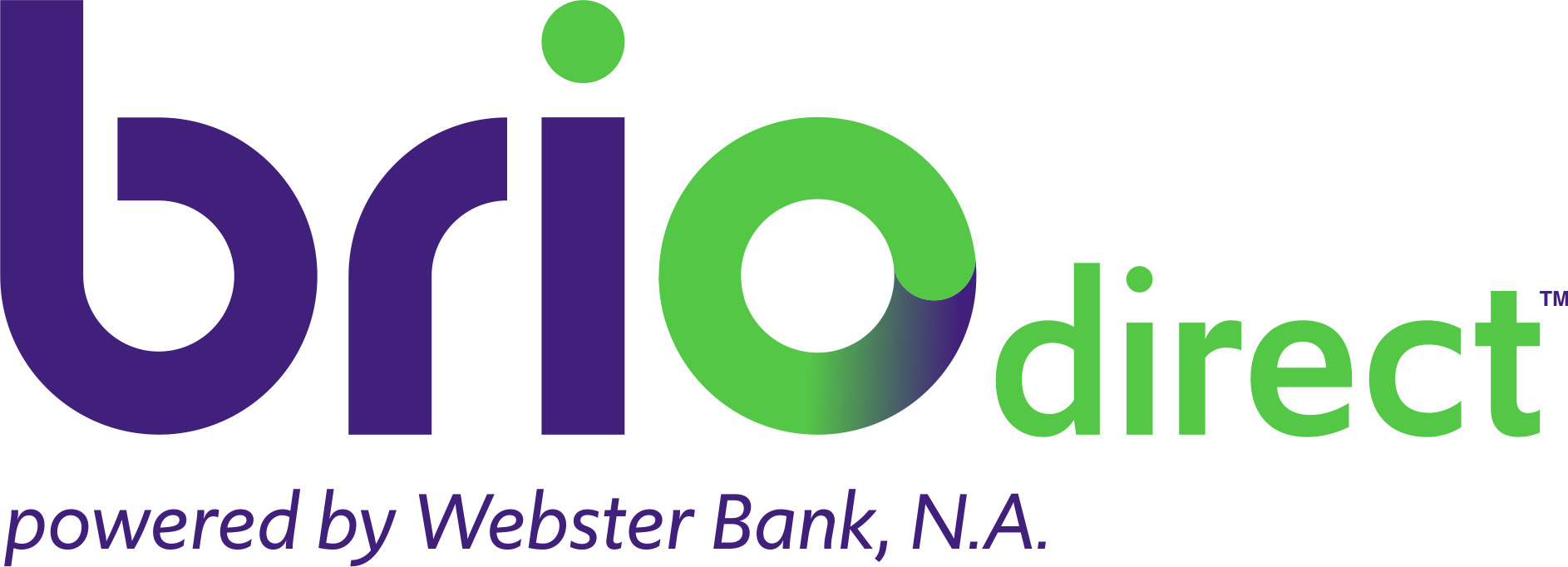
Published on: October 11, 2022
By: Webster Bank
How to Grocery Shop on a Budget
Many people overspend on groceries, especially if they go to the supermarket without a plan. But with inflation at a 40-year high, learning how to shop for groceries on a budget is more important than ever—and it can help you hang onto more of your hard-earned cash. Here are our top tips to save on grocery shopping.
Become a loyalty rewards member
Almost every grocery store has a rewards program. Some programs give you access to exclusive discounts and sale prices. With others, you can earn points to redeem for cash in-store or even deals on gas. Compare the offerings at your local supermarkets and see where you can get the most bang for your buck.
Look for sales
It’s a good idea to look at a circular before you go to the store, so you can plan your meals and make your list around items that are already on sale. You can even compare circulars from different grocery stores to see where it makes the most sense to shop, or you might decide to get certain items from one store and the remaining from another. Sometimes, buying nonperishable items and paper goods from online retailers can save you more.
Plan meals and make a list
This tip may sound obvious, but planning your meals for the week can go a long way. When done right, meal planning reduces the number of items you need to buy since you can use ingredients for multiple meals and make use of what you already have.
Start by making a list of what you’ll need to buy for each meal. Then, take stock of what’s in your pantry and fridge. This way, you’ll know what you already have and what staple items need to be replenished, like eggs, milk, butter, condiments, and other goods you may use regularly.
Get creative with leftovers
Using dinner from the night before for lunch or as the base for another dinner can help your groceries go further, so you can buy less and save more. Rice from last night can go into a casserole you’re making. Leftover tacos might become a delicious southwestern salad for lunch. Get creative and see how your leftovers can inspire future meals.
Clip coupons
It goes without saying that you should clip any relevant coupons you find in the circular or the mail, but there are other ways to find a great coupon deal:
- Search online for manufacturer’s coupons to save on your favorite brands
- Check coupon sites like Rakuten, Coupons.com, and others
- Download your grocery store’s app and look for digital coupons
- Sign-up for your grocery store’s emails to receive special offers
Avoid pre-portioned items
Pre-portioned items can be convenient, but they can cost you more in the long run. This is generally true for individually portioned snacks, pre-cut fruits and vegetables, and even pre-packaged ready-made meals. It’s more cost-effective to buy the item in full. Then, you can prepare and portion your food out at home.
Want more smart money tips? Learn how to manage your money during periods of inflation and how to travel on a budget.
Disclaimer
The opinions and views herein are for informational purposes only and are not intended to provide specific advice or recommendations. Please consult professional advisors with regard to your individual situation.
All deposit products are provided by Webster Bank, N.A. ("Webster Bank"), an insured FDIC institution. BrioDirect is a sub-brand of Webster Bank. Webster Bank operates under the trade name BrioDirect. This trade name is used by, and refers to, Webster Bank, a single FDIC-insured bank.
Accounts that are opened via www.briodirectbanking.com and marketed by BrioDirect are Webster Bank accounts. Deposits in these accounts are made with Webster Bank. For purposes of determining how much FDIC insurance is applicable to your accounts, you need to consider all accounts maintained with Webster Bank, N.A., such as CD, checking, savings, BrioDirect online accounts and cash held in health benefits accounts with HSA Bank.

